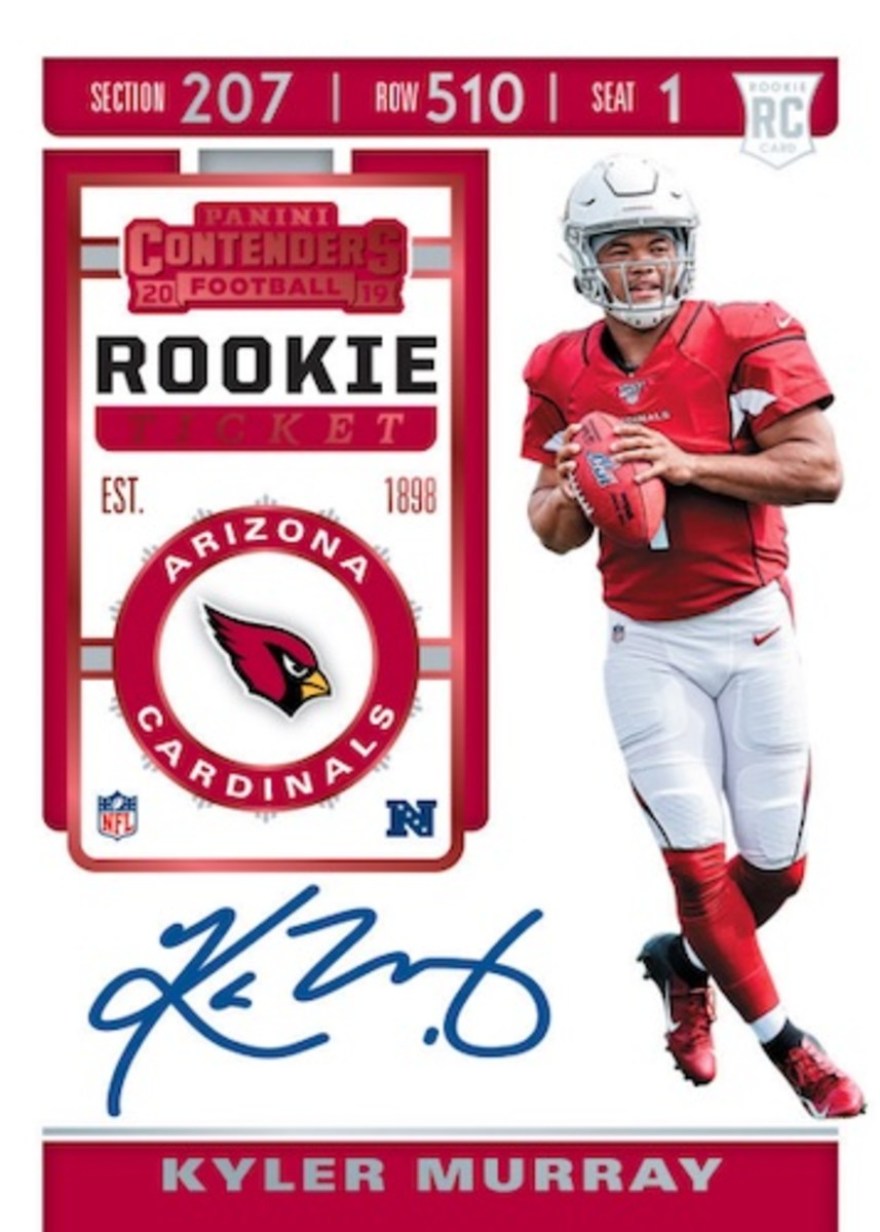Unraveling The Mystery: What Does RPS Mean In Sports Cards? – Discover The Answer Now!
Understanding What Does Rps Mean In Sports Cards
As a Sports enthusiast and collector, it’s important to understand the various terminologies and abbreviations used in sports cards. One of the terms that you may come across is RPS. But what does RPS mean in sports cards? Let’s dive into the topic and explore the meaning behind this commonly used abbreviation.
What is RPS in Sports Cards?
RPS stands for Retail Price Support. It is a term used by sports card manufacturers to refer to the minimum advertised price that retailers must maintain on their products. In other words, RPS is the price that a manufacturer sets as the minimum retail price for their sports cards. This minimum price is usually enforced by the manufacturer to ensure that their products are not sold at a lower price than intended.
3 Picture Gallery: Unraveling The Mystery: What Does RPS Mean In Sports Cards? – Discover The Answer Now!
Who Sets the RPS?
The RPS is typically set by the sports card manufacturer or distributor. They have the authority to set the minimum advertised price for their products and can enforce it through legal means. Retailers that violate the RPS can face penalties such as product allocation cuts or even termination of their account with the manufacturer.
When and Where is RPS Used?

Image Source: ebayimg.com
The use of RPS is common in the sports card industry and is typically applied to new releases. Manufacturers use RPS to control the price of their products and prevent retailers from undercutting each other. RPS is often used in online marketplaces, where retailers can easily discount their products to attract buyers. By setting a minimum price, manufacturers can ensure that all retailers are selling their products at a fair price.
Why is RPS Important?
RPS is important for both the manufacturer and the retailer. For the manufacturer, RPS ensures that their products are being sold at a consistent price across all retailers. This helps to maintain the perceived value of the product and prevents it from being devalued due to excessive discounts. For the retailer, RPS prevents their competition from undercutting them, allowing them to maintain a fair profit margin.
How Does RPS Affect Collectors?
As a collector, RPS may not directly affect you. However, it can indirectly impact the price of the card you are interested in. If retailers are not allowed to discount their products, the price of the card may remain higher than it would be if retailers were allowed to compete on price. On the other hand, RPS can also prevent the price of a card from decreasing rapidly, which can be beneficial if you are looking to sell your collection in the future.
FAQs About RPS in Sports Cards

Image Source: i2.wp.com
Q: Can retailers sell sports cards for more than the RPS?
A: Yes, retailers can sell sports cards for more than the RPS. The RPS is simply the minimum price that retailers must maintain, but they are free to sell the products for more if they wish.
Q: What happens if a retailer violates the RPS?

Image Source: sportscollectorsdigest.com
A: If a retailer violates the RPS, they may face penalties such as product allocation cuts or termination of their account with the manufacturer. Manufacturers take RPS violations seriously and will often enforce penalties to maintain the integrity of their pricing structure.
Brands and Types of Sports Cards with RPS
RPS is used by a variety of sports card manufacturers, including Topps, Panini, Upper Deck, and more. The use of RPS is most commonly seen in new release products, but it can also be applied to older products that may be re-released or re-packaged.
Pros and Cons of RPS in Sports Cards
There are both pros and cons to the use of RPS in sports cards. Some of the pros include:
Maintains consistent pricing for the manufacturer
Prevents retailers from undercutting each other
Helps to maintain the perceived value of the product
Some of the cons include:
Prevents retailers from offering discounts to customers
Can lead to higher prices for collectors
May limit competition and innovation in the market
The Bottom Line
Overall, RPS is an important concept to understand in the world of sports cards. It is a pricing strategy used by manufacturers to control the price of their products and maintain consistency across all retailers. While it may have some drawbacks, it is a necessary tool for manufacturers to ensure the value of their products and maintain a competitive market.
This post topic: Sport


